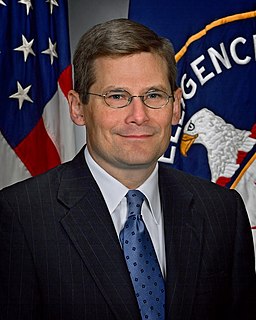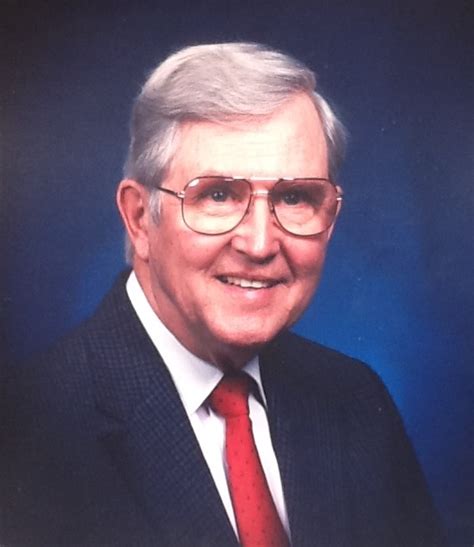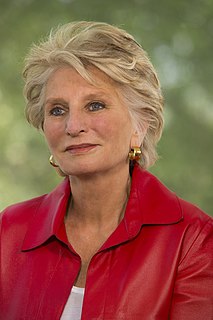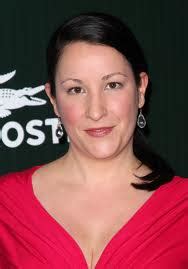A Quote by Michael Morell
ISIS went to school on how we were collecting intelligence on terrorist organizations by using telecommunications technologies. And when they learned that from the [Edward] Snowden disclosures, they were able to adapt to it and essentially go silent.
Related Quotes
We don't stand here alone, it's possible through the great organisations that support us. The disclosures that Edward Snowden revealed aren't only a threat to privacy but to democracy, when the most important decisions made affect all of us. Thank you to Edward Snowden. I share this with Glenn Greenwald and other journalists who are exposing truth.
Let us not compare Edward Snowden's situation with that of Chelsea Manning or Jeremy Hammond, who is also imprisoned in the United States. As a result of WikiLeaks' hard work, Edward Snowden has political asylum, has travel documents, lives with his girlfriend, goes to the ballet and earns substantial speaking fees. Edward Snowden is essentially free and happy. That is no coincidence. It was my strategy to undo the chilling effect of the 35 year Manning sentence and it has worked.
Companies made these decisions about encryption when they were finding it very difficult to sell their products overseas because the [Edward] Snowden disclosures created the impression that the U.S. government was inside this hardware and software produced by them. They needed to do something to deal with the perception.
Organizational Development: The New Christian Right of the 1980s was dominated by paper organizations that were essentially the mailing lists of a handful of politicized ministers. Such organizations were better at issuing press releases than doing the hard work of political mobilization and advocacy. By contrast, the movement of the 1990s has generated a plethora of grass-roots organizations that allocate meaningful responsibilities to individual members. The goal is to create an army of grassroots activists who know how to stimulate political change.
Snowden has presented us with choices on how we want to move forward into the future. We're at a crossroads and we still don't quite know which path we're going to take. Without Snowden, just about everyone would still be in the dark about the amount of information the government is collecting. I think that Snowden has changed consciousness about the dangers of surveillance.
Trying to use all the existing technologies that were out there wouldn't work for us because none of them were flexible. Everything was rigid in some way, so we had to go on a manhunt, essentially for something that was a viable technology. So it was a good four-months of just designing and figuring out the lights.
The situation they [journalists and Edward Snowden] were in was incredibly heightened. The stakes were high. There was a lot of pressure, a lot of tension, a lot of sense of claustrophobic, clandestine energy that I think was exhilarating for us to explore and recreate. We were fortunate to shoot a fair amount of our stuff at the actual hotel where it all happened in Hong Kong. That added another element of very similitude to the situation, so I feel like it was exciting.




























